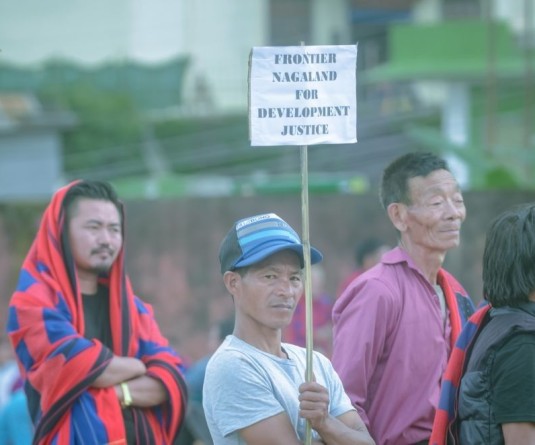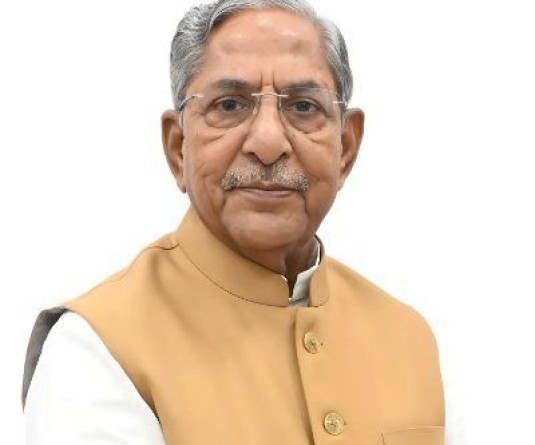
Morung- Heart of listening and back to one’s roots phase-5 held
Kohima, January 31 (MExN): The fifth phase of Morung: Heart of listening and back to one’s roots initiated by Pathfinders in collaboration with Angami Students’ Union (ASU) was held on January 30 at the ASU office with Rosemary Dzüvichü, Advisor to the NMA as the main speaker.
Gender equality shows how progressive a society is, Dzüvichü stated and viewed that in the context of Nagaland, gender equality has “taken a long time to really sink in” due to the traditional and socially conditioned roles of women and men that continue to persist in Naga society. “Our society is so structured that the roles are very definite,” stated Dzüvichü further questioning where women stand in the social structure and how they are placed in this structure.
Asserting that equality has to start from the village, Dzüvichü stressed on the Village Council Act and that equality must start from the decision makers, the judiciary etc. The need to look into the system of Dobashis was further discussed because despite being a colonial concept, the system is still considered a tradition where women are never a part of it.
Stating that Naga society has very structured women groups, Dzüvichü said within the structure the women try to utilise and make the best use of it. She shared more inputs on inclusion of women in VDB and noted that there are positive signs and success stories of women in the VDB utilising proper funds.
To ensure equality, women must also participate and have the courage to speak their opinions when given the opportunity, she further viewed.
Despite being critical of the many traditions in the social structure in Naga society which still continue to discriminate women, Dzüvichü noted that Naga society is moving forward. Citing the example of the Angami Public Organisation which makes it mandatory to include two women members, Dzüvichü acknowledged that these are important landmarks of change.
On a positive note, she pointed out how the Naga political movement had women leaders from Phizo’s time, which according to her indicates that women played a big role in the movement and were considered equal partners. “These are positive points we need to build on and should be proud of,” she said.
While stating that the market economy in the Naga context is dominated by the women, Dzüvichü however regretted that in many cases the money is handled and misused by men. Despite handling the market economy, there are no women contractors, she lamented.
She further stated that women need to venture into fields and profession where they are completely absent. “Banking is the biggest problem for business and often times it is not women friendly,” she viewed.
The need for women to be economically empowered was another crucial point discussed.
Most women in Naga society do not own property. “Hardly two per cent of Naga women population is given acquired property,” she mentioned.
Apprising on municipal elections and the need for women to be included in the municipal, Dzüvichü stressed that reservation is just a mechanism. “Reservation is just a mechanism to ensure weaker section to come up to an equal level. Once you understand it, you know it’s not for forever,” emphasized Dzüvichü, who also discussed on the State politics and the reason why women do not enter politics or do not win.





